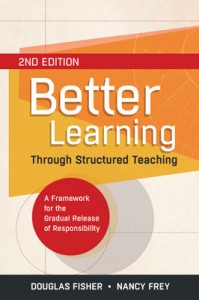From Henry the Sixth, Part 2, Act 4, Scene 2, 71-78
All: God save your majesty!
Cade: I thank you, good people—there shall be no money; all shall eat
and drink on my score, and I will apparel them all in one livery,
that they may agree like brothers, and worship me their lord.
Dick: The first thing we do, let’s kill all the lawyers.
Cade: Nay, that I mean to do.
A troubled, urban school district (that shall remain nameless) has been “taken over” by their state board of education (that shall remain unidentified). One of the “takeover” folks spent an entire morning in a workshop devoted to teacher effectiveness and all she could offer during the debrief was her belief that we needed to get rid of “all the bad teachers.”
I couldn’t help but think of the memorable Shakespeare quote which cited killing all the lawyers as the first critical move toward social revolution. So I turned to the education policy-maker, “Let’s suppose you get your wish, and tomorrow, all of the bad teachers are gone. What will you do now?”
She looked at me like and there was a long, long pause. She eventually offered, “Well, I guess we should be prepared to hire some new teachers.”
“And where will those teachers come from? Last I checked, there weren’t too many folks banging down the doors to work in this district.”
She mumbled something about getting together a marketing plan so I asked one more question, “Have you considered focusing on supporting the teachers who already work here?” She walked away.
*sigh*




